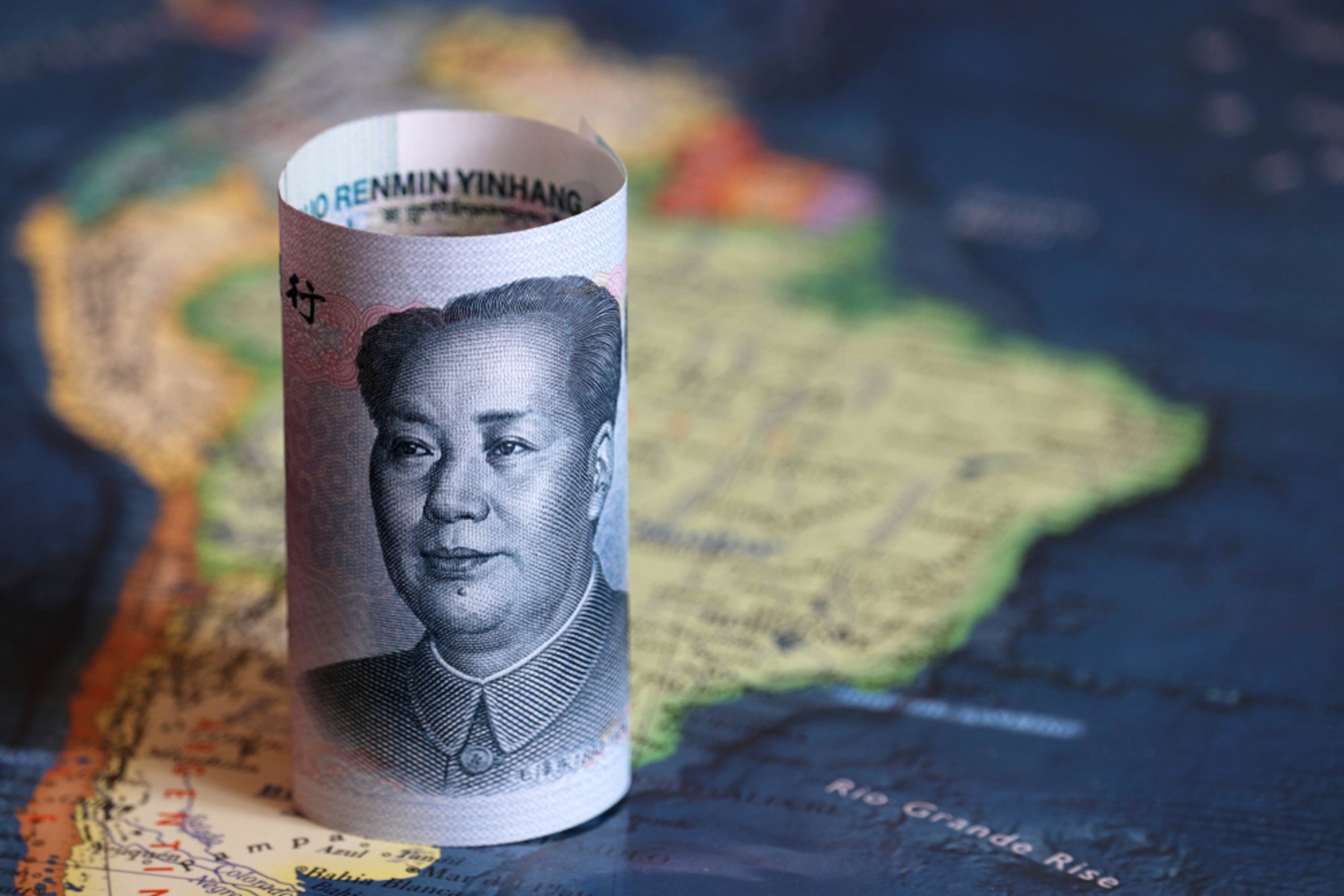By Juan Lehmann
In the context of a pressing economic crisis due to the lack of foreign currency, aggravated by the dispute with the International Monetary Fund over the negotiation of debt payment, Argentina’s renunciation of the US currency for trade with Beijing is read as a gesture of autonomy concerning Washington, in a global scenario of de-dollarization.
Argentina’s Minister of Economy, Sergio Massa, announced on April 26 an agreement whereby Argentina will pay in yuan for imports from China.
The measure, still limited to bilateral trade, aims at greater autonomy from the US banking system, which controls the flow of dollars worldwide.

In a context of an economic crisis reflected in an inflation rate that exceeds 104% year-on-year and in an exchange rate gap – the difference between the official dollar and the illegal parallel dollar that climbed almost 10% in seven days – greater than 100%, the Argentine government celebrated the signing of the agreement with the Asian giant as a glass of water in the desert.
By activating the swap (currency exchange) with China, from now on, Buenos Aires will have access to yuans to pay for imports – for an amount stipulated at US$1.070 billion in April and US$790 million in May – given the extremely fragile foreign exchange situation Argentina is going through.
“This will alleviate the situation of the Argentine Central Bank, but it does not change the underlying fragility,” Francisco Cantamutto, economist and researcher at the National Council for Scientific and Technical Research (Conicet), told Sputnik.
“We must be cautious because we are in a very delicate situation, with very high uncertainty”, says the specialist.
The analyst’s diagnosis coincides with that of his colleagues.
“The announcement brings a very important relief because it implies not depending on the dollar to trade, but the shortage of reserves is still there, and it is very worrying,” Ismael Bermudez, a journalist specializing in economics, remarks to Sputnik.
“The upward race of the parallel dollar seemed unstoppable because it went from $442 to $475 in a few days, while the official dollar is still much lower.”
“Today, it seemed to be under control, which helps to calm the waters”, says Bermúdez.
THE BACKGROUND DISPUTE
The decision is part of a scenario of unavoidable and increasingly explicit tension between Washington and Beijing over their presence in Latin America.
The specificity of the Argentine case lies in the dependence implied by the agreement with the IMF for refinancing the $44 billion credit granted in 2018 to the government of Mauricio Macri (2015-2019).
Given the complicated Argentine panorama – after going through the most severe drought in the last century, which decreased the arrival of foreign currency resulting from exports – Cantamutto considers that “the IMF has a co-responsibility in this situation for the infamous 2018 credit because more foreign currency is leaving to pay the debt’s interest”.
“The IMF is not willing to grant some relief” after the effects of the pandemic and the Ukrainian crisis on the Argentine economy.
“It is co-responsible for the reserves situation: not only does it not inject new funds, but it also does not stop demanding payments”, the economist stresses.
In this framework, the agreement with China can be read as transferring pressure to the White House.
“This is a gesture of hardening towards the United States, which so far has not made changes in the international financial architecture to contain countries like Argentina”, says the researcher.
“Argentina had been working on an alignment with Washington, but now that it is necessary to renegotiate the agreement with the IMF, this puts pressure on the board to show that Buenos Aires is not in anyone’s pocket”, says Cantamutto.
According to Bermúdez, the benefit of the announced bilateral pact is twofold.
It reduces dependence on the dollar and forces the North American giant to reconsider its position vis-à-vis Argentina.
“The only way for the United States to neutralize China is to become an important helper of our country, and we know that what the IMF does is in the hands of the White House.”
“The United States does not make the easing concrete and forces countries to look for partners with greater capacity to adapt the conditions of the agreements, and that is where China appears”, the analyst explains.
THE END OF DOLLAR HEGEMONY?
The gradual transformation underlying the announcements refers to consolidating the Asian currency in the dispute for global trade.
“The yuan is strengthening as a currency at the global level, putting the dollar in a tight spot. This is achieved by gaining presence in every operation where it is useful, such as trade with Argentina,” Cantamutto states.
“In the Argentine popular imagination, the dollar is a savings vehicle, but as a means of exchange, its weight is relative: we trade more with China than with the United States”, he clarifies.
The silent changes are reflected in concrete facts, such as the agreement between Lula da Silva and Xi for bilateral trade.
According to Cantamutto, “Brazil is the most surprising case because historically it was aligned with the United States.”
“Today, different countries are challenging this preeminence, and not all follow Washington to the letter.”
“Increasingly, we see how the dollar is withdrawing from international triangulation; Lula is doing the same.”
“China has become the main investor in Latin America and the Caribbean, an area that the United States used to consider as its privileged area of influence”, concludes Bermúdez.
With information from Sputnik

